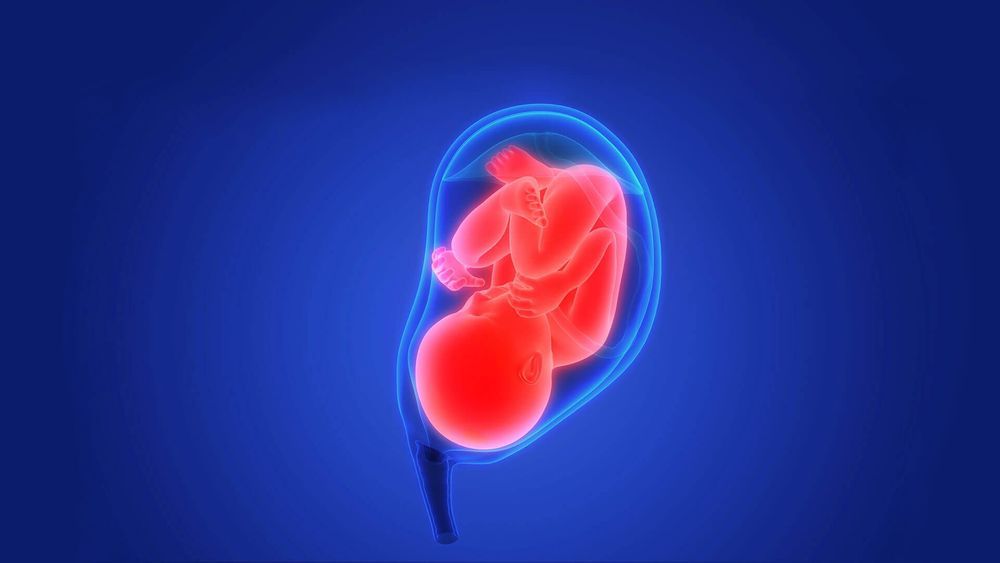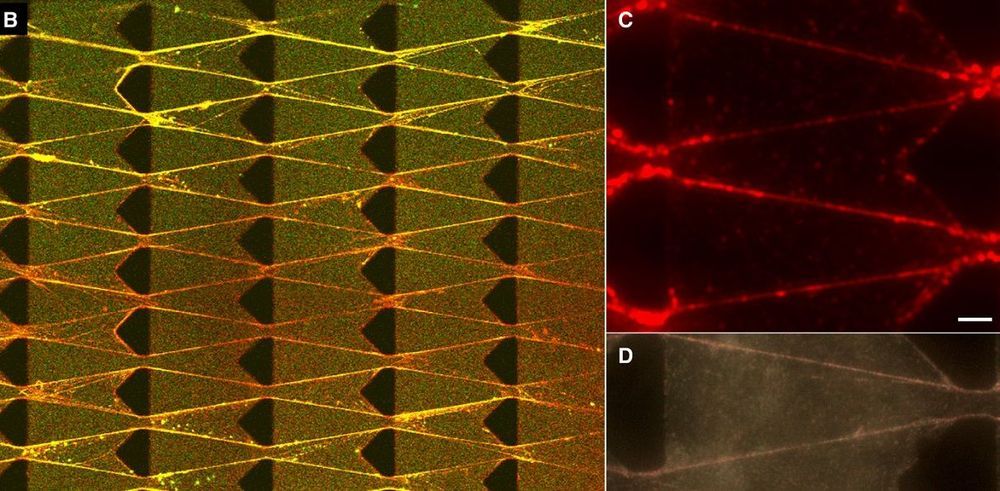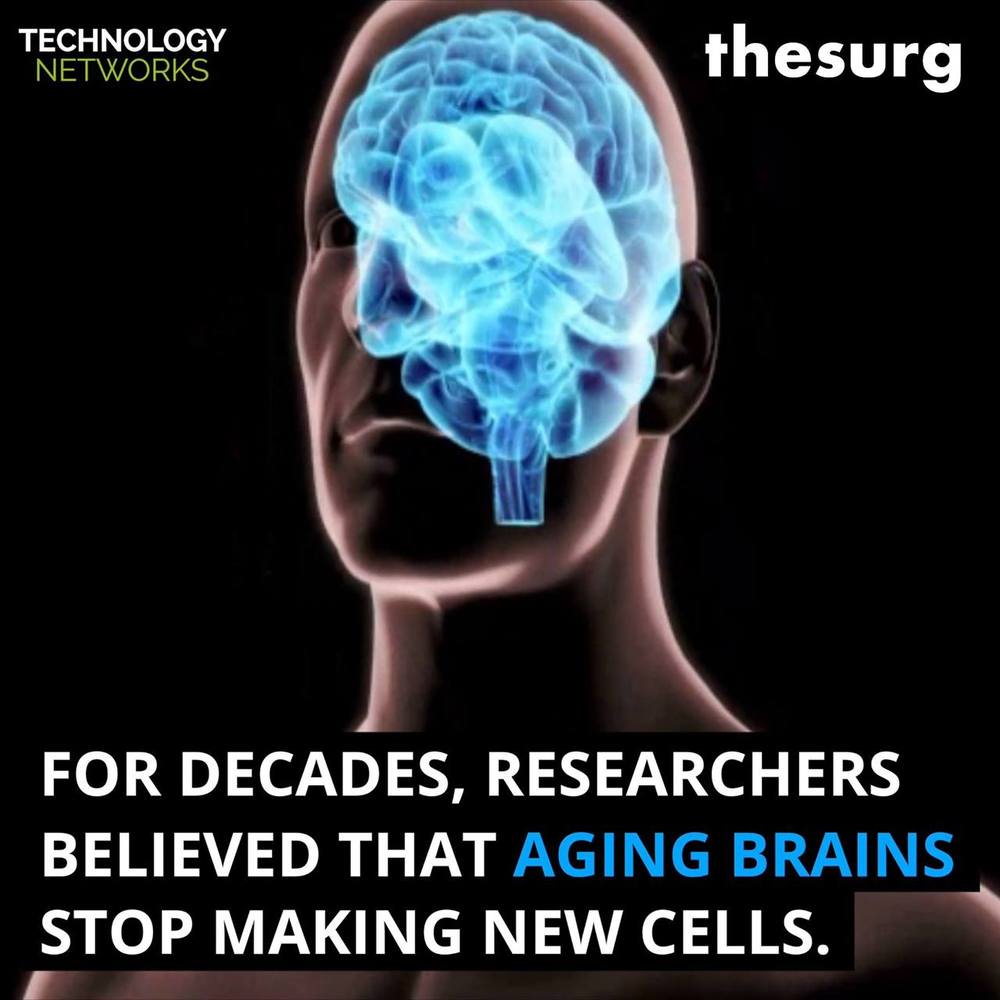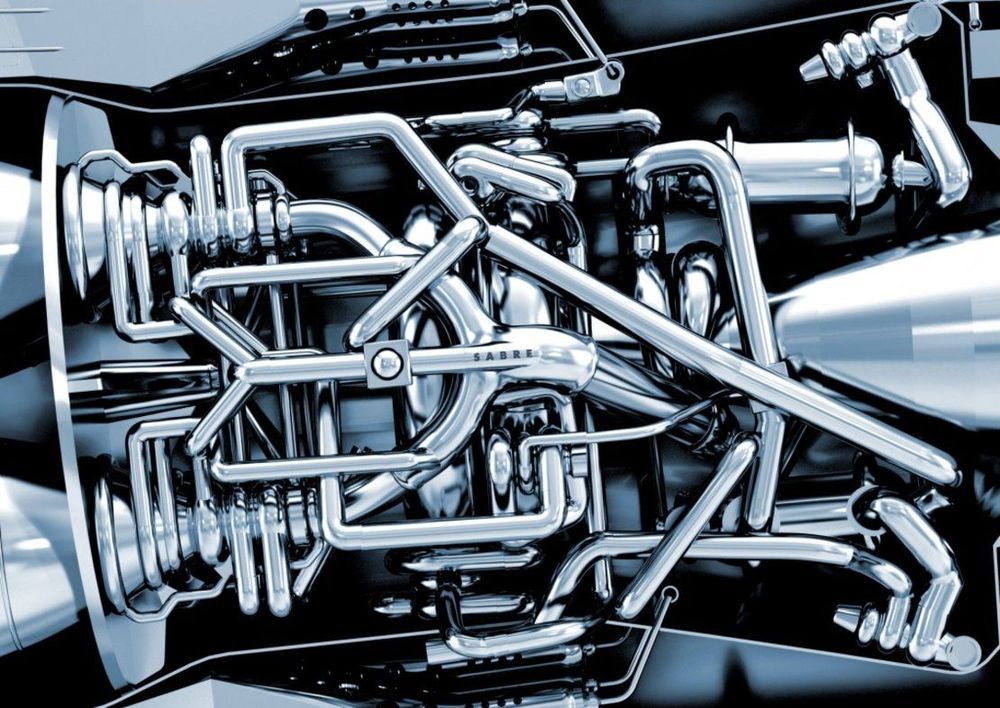
The idea is to give craftspeople the tools they need to incorporate digital services to the items they’re already making. Poupyrev made it clear that he doesn’t want fundamentally change tried and tested items, like a jacket, into a computer first, and an article of clothing second. He wants to imbue everyday items with digital functionality.
In its final form, Poupyrev envisions clothing, furniture, and accessories that are all connected to the cloud, each providing their own, specialized functionality. Users will interact with screens using their sleeves and pause their music by tapping their glasses. Step trackers will live in our shoes, translators will live in our ears, and medicinal nano-robots could be injected into our blood streams. The very notion of a computer will radically change as little computers get placed into everything.
“This could allow makers to image and create a new world where things are connected and we don’t need keyboards, screens, or mice to interact with computers,” he said. “I’ve been working on this for 20 years and as it’s taken shape I’m realizing that we’re not building an interface. We’re building a a new kind of computer, an invisible computer.”
Continue reading “This Tic-Tac-Sized Computer Can Turn Almost Anything Into a Smart Device” »


















